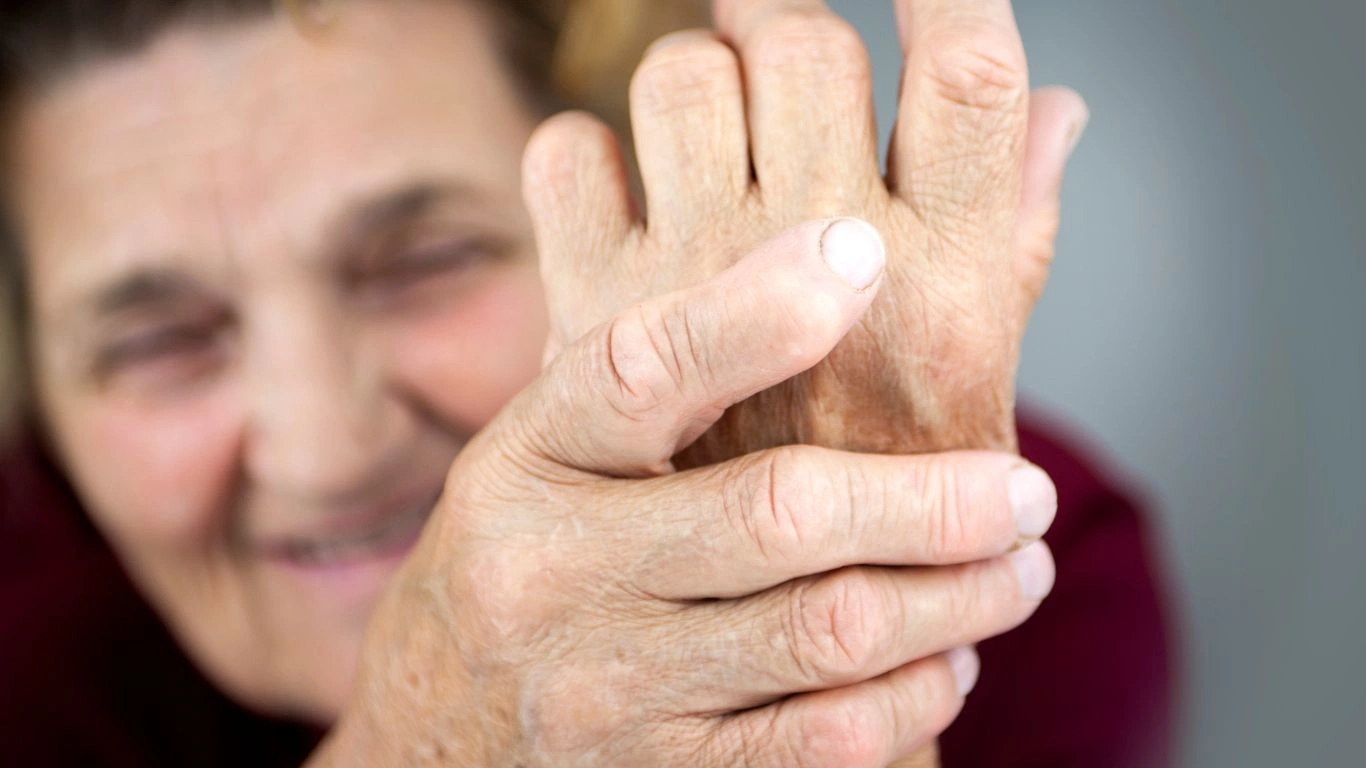Rheumatoid Arthritis & Hydration: The Shocking Truth About Your Joints!
When it comes to managing rheumatoid arthritis, hydration habits often don’t get the attention they deserve. We talk a lot about medications, exercise, and diet, but the role of proper hydration? That’s a game-changer. As someone who has spent years working with RA patients, I can tell you firsthand that drinking the right amount of fluids—and the right kinds—can make a noticeable difference in pain levels, joint stiffness, and overall energy. But there’s more to it than just drinking water. Let’s dive into the connection between rheumatoid arthritis and hydration habits you should follow to keep inflammation in check and feel your best.
Why Hydration Matters for Rheumatoid Arthritis
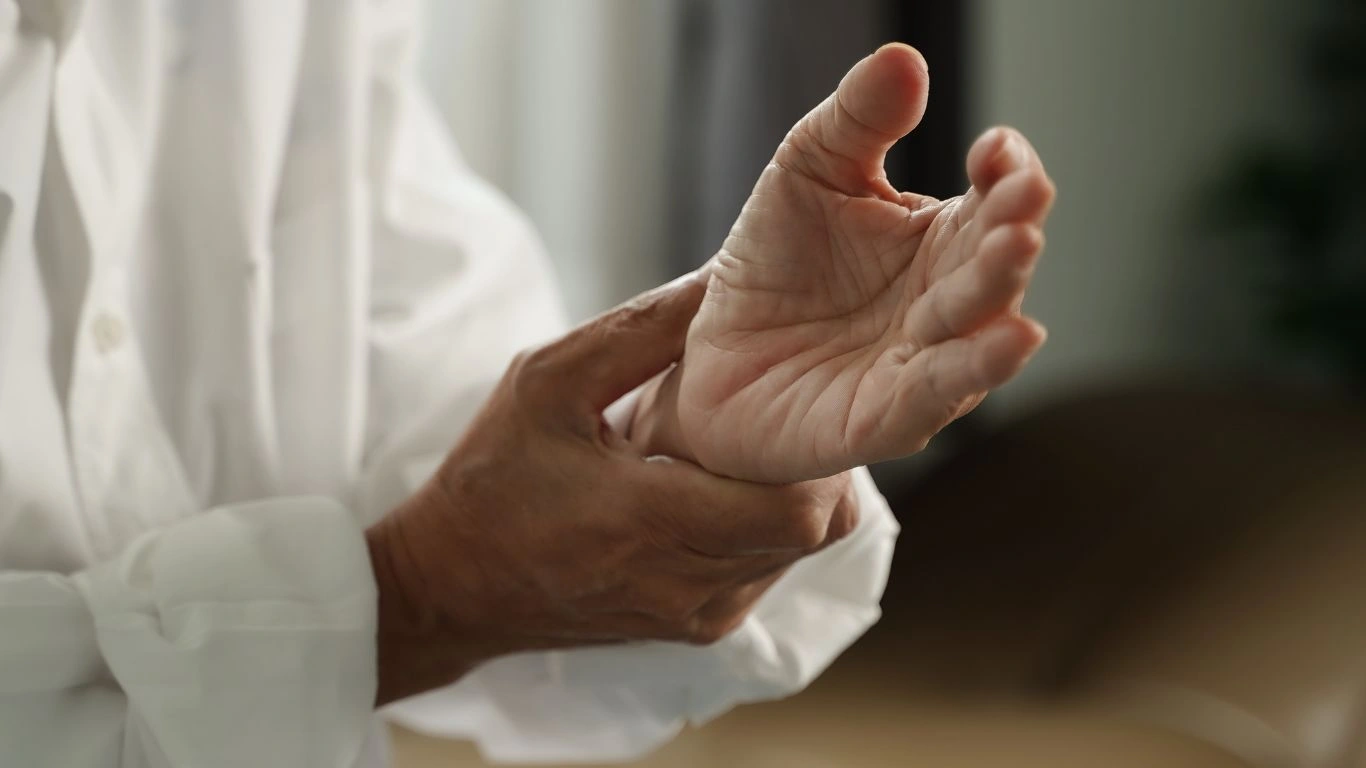
When I first started seeing RA patients, I noticed something interesting: Many of them weren’t drinking nearly enough water. And when they did, they weren’t always choosing the right kinds of fluids. That got me thinking—what’s the real impact of hydration on joint health?
Turns out, hydration plays a crucial role in reducing inflammation, lubricating joints, and even flushing out toxins that contribute to flare-ups. Here’s why:
- Joint Lubrication: Our joints rely on synovial fluid to stay mobile. Dehydration thickens this fluid, making movement more painful.
- Inflammation Control: Chronic inflammation is the root of RA. Proper hydration helps dilute inflammatory markers in the bloodstream.
- Kidney Support: Kidneys help eliminate excess uric acid and toxins, reducing stress on the immune system.
- Energy Levels: Fatigue is a major struggle with RA, and even mild dehydration can make it worse.
Now, the big question: How much water should you actually drink? A common recommendation is at least half your body weight in ounces. So if you weigh 150 lbs, aim for 75 ounces of fluids daily. But there’s more to it than just chugging water. Let’s talk about what to drink and what to avoid.
Best Hydration Habits for RA
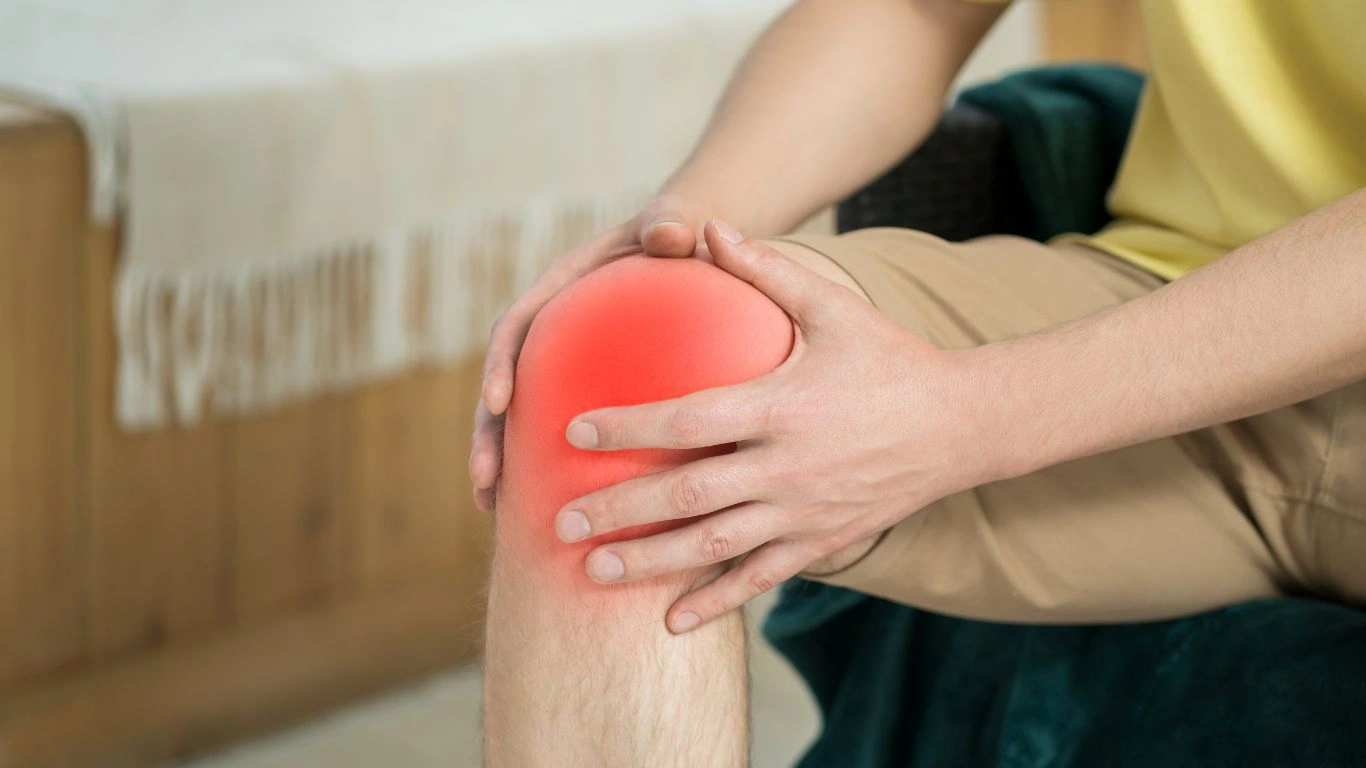
1. Prioritize Anti-Inflammatory Beverages
Water is king, but adding variety can make hydration more enjoyable while providing extra benefits. Here are some top choices:
- Filtered Water: Tap water can have contaminants that may trigger inflammation, so filtered is always best.
- Herbal Teas: Ginger, turmeric, and green tea have natural anti-inflammatory properties.
- Infused Water: Add lemon, cucumber, or berries for extra antioxidants.
- Bone Broth: Packed with collagen, which supports joint health.
- Coconut Water: Naturally rich in electrolytes, perfect for hydration without artificial additives.
2. Limit Drinks That Trigger Inflammation
Not all beverages are created equal, and some can actually make RA symptoms worse. Here’s what to cut back on:
- Sugary Drinks: Sodas and fruit juices spike blood sugar, leading to increased inflammation.
- Alcohol: Even small amounts can interfere with medications and contribute to dehydration.
- Caffeinated Beverages: While a little coffee or tea is fine, too much caffeine is dehydrating.
- Artificially Sweetened Drinks: Diet sodas and sugar substitutes can trigger inflammation in some people.
One of my patients once told me, “I thought I was drinking enough, but I didn’t realize how much my morning coffee and afternoon soda were dehydrating me.” After swapping out soda for herbal tea and increasing water intake, she noticed less stiffness in just a few weeks.
Hydration Hacks to Make Drinking Water Easier

Let’s be real—drinking water all day can feel like a chore. Here are some easy ways to make it effortless:
- Carry a Water Bottle: Keep one with you at all times so you never forget.
- Set Hydration Reminders: Use an app or phone alarms to remind you to sip throughout the day.
- Use a Straw: It makes drinking more water easier, especially if hand pain makes gripping a bottle difficult.
- Flavor It Naturally: Infuse with fresh fruit or herbs to keep things interesting.
- Drink Before Meals: A glass before eating can help with digestion and hydration.
Hydration is one of those things that seems small but makes a world of difference. It won’t cure RA, but it will support better joint health, energy, and overall well-being. And the best part? It’s one of the easiest things to change today.
The Role of Hydration in Managing RA Flare-Ups

As we continue to explore how hydration can play a huge role in managing rheumatoid arthritis symptoms, it’s crucial to understand its impact on flare-ups. RA flare-ups are those frustrating periods when inflammation and pain seem to spike, making everyday tasks feel impossible. But guess what? Staying hydrated during these flare-ups can actually help ease the severity.
From my own experience working with clients who live with RA, I’ve seen firsthand how staying hydrated can help reduce the duration and intensity of flare-ups. It’s not just about drinking water—it’s about making sure your body has the fluids it needs to fight off inflammation and support the healing process. Let’s dive deeper into why hydration is especially important during these challenging times.
How Hydration Can Alleviate RA Symptoms During Flare-Ups
When you’re in the midst of a flare-up, your joints are already inflamed, and your body is working overtime to fight that inflammation. The last thing you want is dehydration slowing down your body’s ability to manage the situation. But hydration can help in several ways:
- Reducing Inflammation: Proper hydration helps lower the concentration of inflammatory cytokines in your system, making it easier for your body to fight inflammation.
- Promoting Fluid Balance: Dehydration can cause fluid retention, leading to more swelling around your joints. Hydration helps keep things balanced.
- Lubricating Joints: When your body is well-hydrated, the synovial fluid in your joints stays thick and lubricated, reducing friction and pain.
- Improved Circulation: Proper fluid levels help your blood circulate more efficiently, which is essential when you’re managing chronic conditions like RA.
One of my clients mentioned that during a particularly bad flare-up, she noticed her pain levels were much lower after simply increasing her water intake. It’s not a miracle cure, but it can make a noticeable difference in your symptoms. Another thing to keep in mind during flare-ups is the importance of electrolyte-rich drinks to prevent dehydration without adding excess sugar or artificial ingredients.
Electrolytes and Their Importance for RA Patients

What Are Electrolytes and Why Do They Matter?
If you’ve ever had a sports drink, you’ve probably noticed the term “electrolytes” on the label. But what exactly are they? Electrolytes are minerals like sodium, potassium, and magnesium that help regulate fluid balance in your body. They also assist with nerve function, muscle function, and maintaining the pH balance in your blood.
For someone with rheumatoid arthritis, maintaining electrolyte balance can be just as important as staying hydrated. Here’s why:
- Hydration and Muscle Function: Dehydration can lead to muscle cramps and weakness. RA patients often struggle with joint stiffness and muscle fatigue, so adding electrolytes to your hydration routine can help prevent these additional issues.
- Reducing Swelling: Proper electrolyte levels can help prevent water retention and bloating, which can worsen joint swelling.
- Supporting Nerve Health: Since RA can cause nerve damage and pain, maintaining a healthy balance of electrolytes can support your nervous system and reduce discomfort.
So, what drinks can help boost your electrolyte intake? Well, some options include coconut water, electrolyte-infused waters, or even homemade options like water with a pinch of Himalayan pink salt and a squeeze of lemon. Just remember to avoid drinks with excessive sugar or artificial colors, as they can do more harm than good for your joints and overall health.
Hydration and Medications: How They Work Together
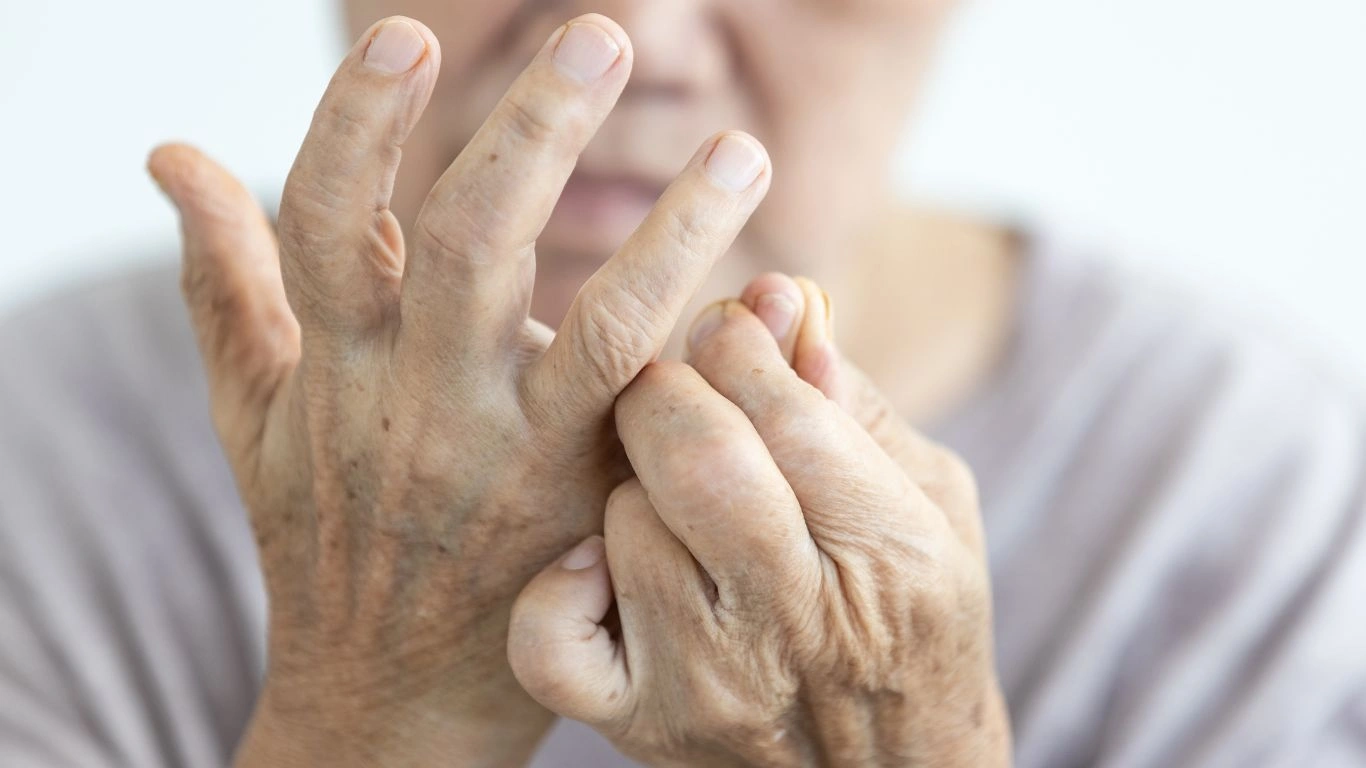
Now, let’s talk about the intersection between hydration and your medications. Many RA patients rely on medications like DMARDs (disease-modifying antirheumatic drugs) and biologics to manage their symptoms. These medications can be hard on your kidneys and liver, especially when not properly hydrated. So it’s even more important to stay on top of your hydration habits.
The Impact of Dehydration on Medications
When your body is dehydrated, it can affect how well your medications work. Dehydration can lead to a higher concentration of drugs in your bloodstream, potentially increasing the risk of side effects. On the flip side, staying hydrated helps your kidneys and liver process these medications more effectively, ensuring that they’re being used efficiently without causing unnecessary strain on your body.
For example, methotrexate, a common RA treatment, is metabolized through the liver. Dehydration can increase the strain on the liver, making it harder for your body to process the medication. Similarly, biologics like Humira require your body to have a healthy fluid balance for optimal absorption and effectiveness. Staying hydrated helps these medications do their job without causing additional complications.
In my clinical experience, I’ve seen patients who improve their response to treatment just by making hydration a priority. It’s something so simple, yet so powerful. If you’re already on a treatment plan, drinking enough water can only enhance the effectiveness of the meds you’re taking, making your journey with RA a little easier.
How Hydration Supports Long-Term RA Management

We’ve covered the short-term benefits of staying hydrated, but let’s take a step back and think about how hydration plays a key role in long-term rheumatoid arthritis management. The reality is that RA isn’t something that’s “cured” overnight. It’s a lifelong condition that requires ongoing care, attention, and, yes, healthy habits—hydration being one of them. Over the years, I’ve witnessed many of my patients see lasting improvements simply by making hydration a consistent part of their daily routine. Here’s how staying hydrated can positively affect the course of your RA over time.
The Long-Term Impact of Consistent Hydration
When I sit down with patients during their follow-ups, we always revisit lifestyle habits. It’s easy to get caught up in the day-to-day pain management, but staying hydrated is something that pays off in the long run. Here’s why:
- Maintaining Joint Flexibility: Over time, dehydration can cause synovial fluid in your joints to become thicker, which reduces joint mobility. But when you prioritize hydration, you’re keeping that fluid at the optimal thickness, allowing your joints to stay flexible and mobile.
- Preventing Complications: Chronic dehydration can put extra stress on your kidneys and liver, which are already working overtime with RA medications. By staying hydrated, you’re ensuring your organs can function properly and reduce the risk of long-term complications from medication side effects.
- Better Overall Health: Hydration supports your immune system and your body’s ability to manage inflammation. Over time, this can contribute to fewer flare-ups, better overall function, and improved quality of life.
- Supporting Bone Health: Proper hydration helps maintain a healthy bone density, which is essential for individuals with RA, as this condition can lead to bone loss over time.
To put it simply, hydration isn’t just about quenching your thirst. It’s about helping your body operate at its best, so it can fight back against the chronic inflammation that comes with RA. I’ve seen it time and again: Patients who drink enough water daily often find that they experience fewer flare-ups, greater joint flexibility, and less stiffness overall. It’s a small habit that has a major impact.
What You Need to Know About Hydration and Diet for RA
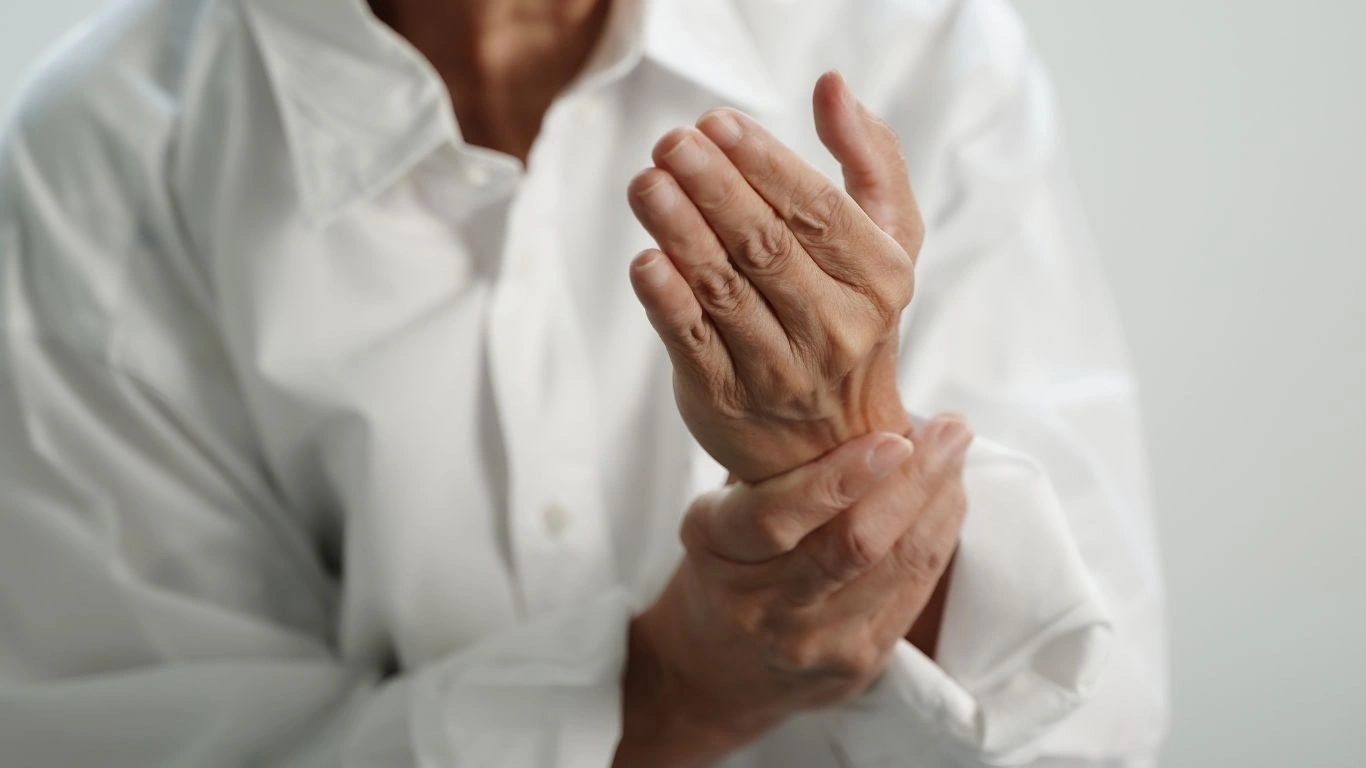
The Role of a Balanced Diet in Supporting Hydration
While hydration is essential, it’s also important to consider how your diet and fluid intake work together. If you’re already focusing on eating anti-inflammatory foods, your hydration habits can only work more effectively. In my experience, it’s the combination of hydration and diet that truly makes a difference. So, let’s break down how a healthy diet and hydration work hand in hand to improve your RA management.
- Anti-Inflammatory Foods: A diet rich in fruits, vegetables, whole grains, and healthy fats like omega-3s can help lower inflammation levels in your body. When you stay hydrated, these foods can work more effectively, allowing your body to absorb nutrients that support joint health and overall well-being.
- Hydration and Fiber: Many RA patients struggle with digestive issues due to medication side effects. Eating fiber-rich foods, such as leafy greens and whole grains, combined with adequate hydration, can help keep your digestive system running smoothly, reducing discomfort.
- Bone-Building Nutrients: Foods rich in calcium and vitamin D, like dairy products or fortified plant-based options, work well alongside proper hydration to maintain strong bones and prevent bone loss, which is a concern for RA patients.
One thing I always tell my patients is that hydration should complement your healthy eating habits. It’s not just about drinking enough water—it’s about making sure your body has the right environment to thrive. So, focus on a balanced, anti-inflammatory diet, and ensure you’re getting enough hydration to keep your body functioning at its best.
Hydration Tips for RA Patients with Dietary Restrictions
As an expert in rheumatoid arthritis care, I’ve worked with countless individuals who have dietary restrictions, whether due to allergies, sensitivities, or personal preferences. Fortunately, there are plenty of ways to stay hydrated without sacrificing your health or nutrition. Here are a few tips if you have specific dietary restrictions:
- Gluten-Free: If you follow a gluten-free diet, ensure you’re drinking plenty of filtered water, herbal teas, and even coconut water. Many commercial sports drinks contain gluten or other additives that may not be suitable for you.
- Dairy-Free: If dairy is off-limits, try plant-based milk options like almond, oat, or coconut milk. These can also be great bases for smoothies that help you stay hydrated while nourishing your body with anti-inflammatory ingredients like turmeric and ginger.
- Low-Sodium: Some RA patients may need to limit their sodium intake due to kidney concerns or high blood pressure. If you’re cutting back on sodium, opt for low-sodium electrolyte drinks or infuse your water with fresh fruit or herbs instead of reaching for store-bought sports drinks.
Remember, your hydration habits should work with your unique dietary needs. There are plenty of options out there that can support both your hydration goals and your specific health requirements. So, don’t feel limited—get creative with your hydration and explore what works best for you!
Disclaimer
While staying hydrated is crucial for managing rheumatoid arthritis and improving your quality of life, it’s important to remember that hydration alone is not a substitute for medical treatment. Always follow your healthcare provider’s advice regarding medications and treatment plans. This article is intended for informational purposes only and should not replace professional medical advice.
If you’re looking for more information on managing rheumatoid arthritis and improving your overall well-being, feel free to visit our website for more expert tips and advice.

Tarra Nugroho is a dedicated Nurse Practitioner with a strong foundation in family and preventive care. She brings both compassion and clinical expertise to her practice, focusing on patient-centered care and health education. As a contributor to Healthusias.com, Tarra translates medical knowledge into clear, empowering articles on topics like women’s health, chronic disease management, and lifestyle medicine. Her mission is simple: help people feel seen, heard, and informed—both in the clinic and through the content she creates. When she’s not caring for patients, Tarra enjoys weekend hikes, plant-based cooking, and curling up with a good health podcast.

